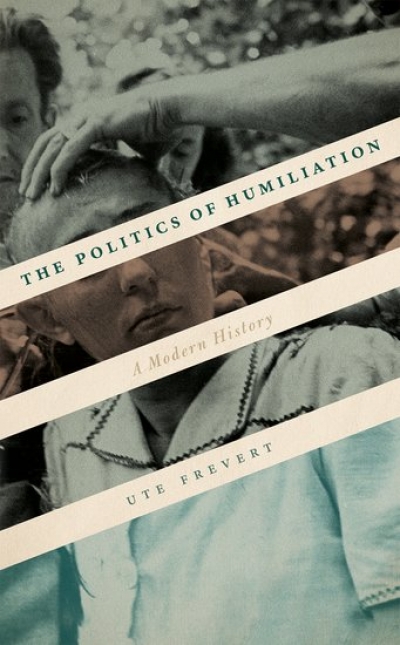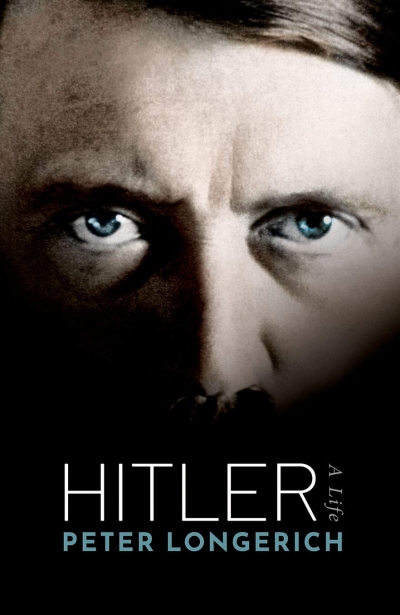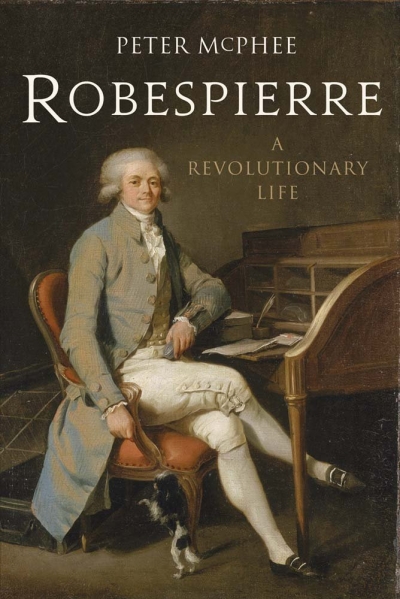Philip Dwyer

Philip Dwyer is Professor of History and the founding Director of the Centre for the Study of Violence at the University of Newcastle. He has published widely on the Revolutionary and Napoleonic eras, including a three-volume biography of Napoleon. He is one of the general editors of the four volume Cambridge World History of Violence, and co-editor of the Cambridge History of the Napoleonic Wars. He is currently writing a global history of violence.
It’s a disconcerting image. Piercing blue eyes stare out at you from the cover of the book. It renders Adolf Hitler somehow human, which is the intent of the author, Peter Longerich, and which sets this biography apart from the many others that have preceded it. Two other notable biographers, Ian Kershaw and Joachim Fest, refused to engage with Hitler’s personality and declared that he was ‘ ... (read more)
The ‘good’ biographer always opts for a nuanced portrait, and this is what Peter McPhee has given us in his well-written, reflective, sympathetic account of one of the most enigmatic, complex leaders of the French Revolution, Maximilien Robespierre (1758–94). McPhee had his work cut out for him. Those familiar with the period may come to this book, as I did, with somewhat preconceived ideas. ... (read more)



